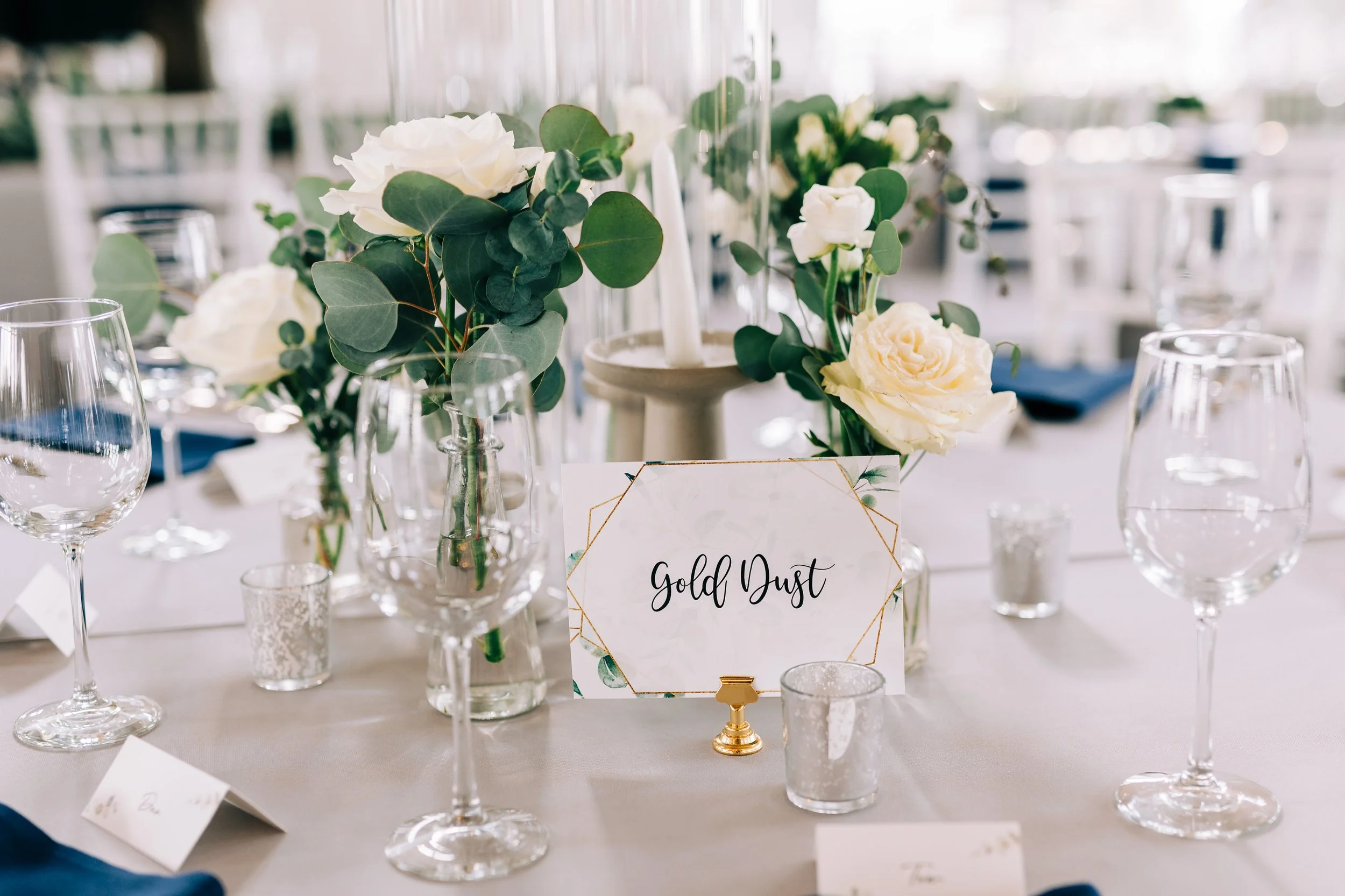So you’ve made the decision to get married at home! Whether it’s yours or your fiancé’s family home or another private residence, you’ll want to keep these FIVE things in mind.
Guest access & parking
Most private residences can easily accommodate 2-6 vehicles in their private drive. Some more, some less. When you’re planning for 25 people or more, that amount of parking spaces simply won’t work. Unless guest transportation is provided. Not to mention vendor access & parking. I highly recommend my couples ask their guests to park in a large, local public parking lot (hotel, mall, casino, ski resort, etc…) and provide transportation to & from the home and grounds.
Bathrooms
They’re a fact of life. Throw in a mix of boozy drinks, plated dinners, and dozens of bladders and they’re an unsavory yet critical component to yours and your guests’ experience. I suggest keeping the inside restrooms available to a limited number of guests. Typically, those living & staying there. For all other friends & family, I recommend luxury trailers with hand washing stations.
Power
Love all of those outdoor string lights you see on Pinterest? And the amazingly romantic dance parties with a beautiful amber lit home in the background? DJs and bands rocking the house? That all requires power. Instead of pulling power from every 20amp outlet inside and using a bazillion extension cords, renting a couple of whisper generators should do the trick.
LIghting
The sun will eventually go down on your wedding day. And that’s when the fun really begins! When daylight disappears, you want to make sure there’s ample lighting on your guests’ tables, above their heads, and along all walkways. This will also help your vendor team at the end of the night as they load up and head out.
sound restrictions
Most residential neighborhoods have quiet hours. It’s important to consider the parameters in the city or county where you’re hosting. Some cities require a special event permit with detailed descriptions of your music, sound plans, and timeline. As well as restricting your band or DJ to particular decibel levels. While I’ve been known to keep a cop or two at bay from busting up a killer wedding reception, it’s not my favorite thing to do!







